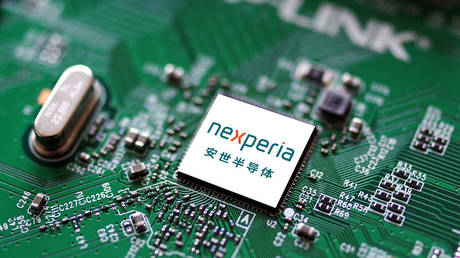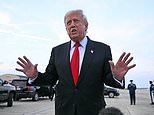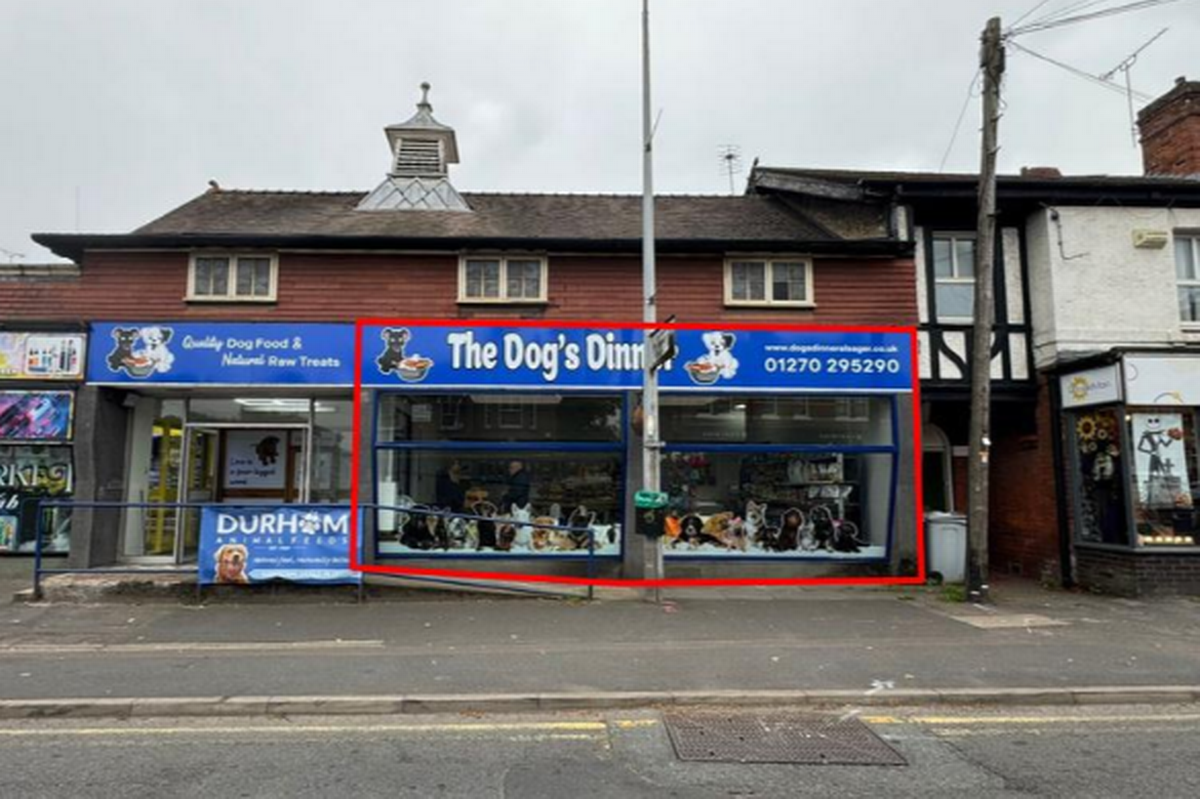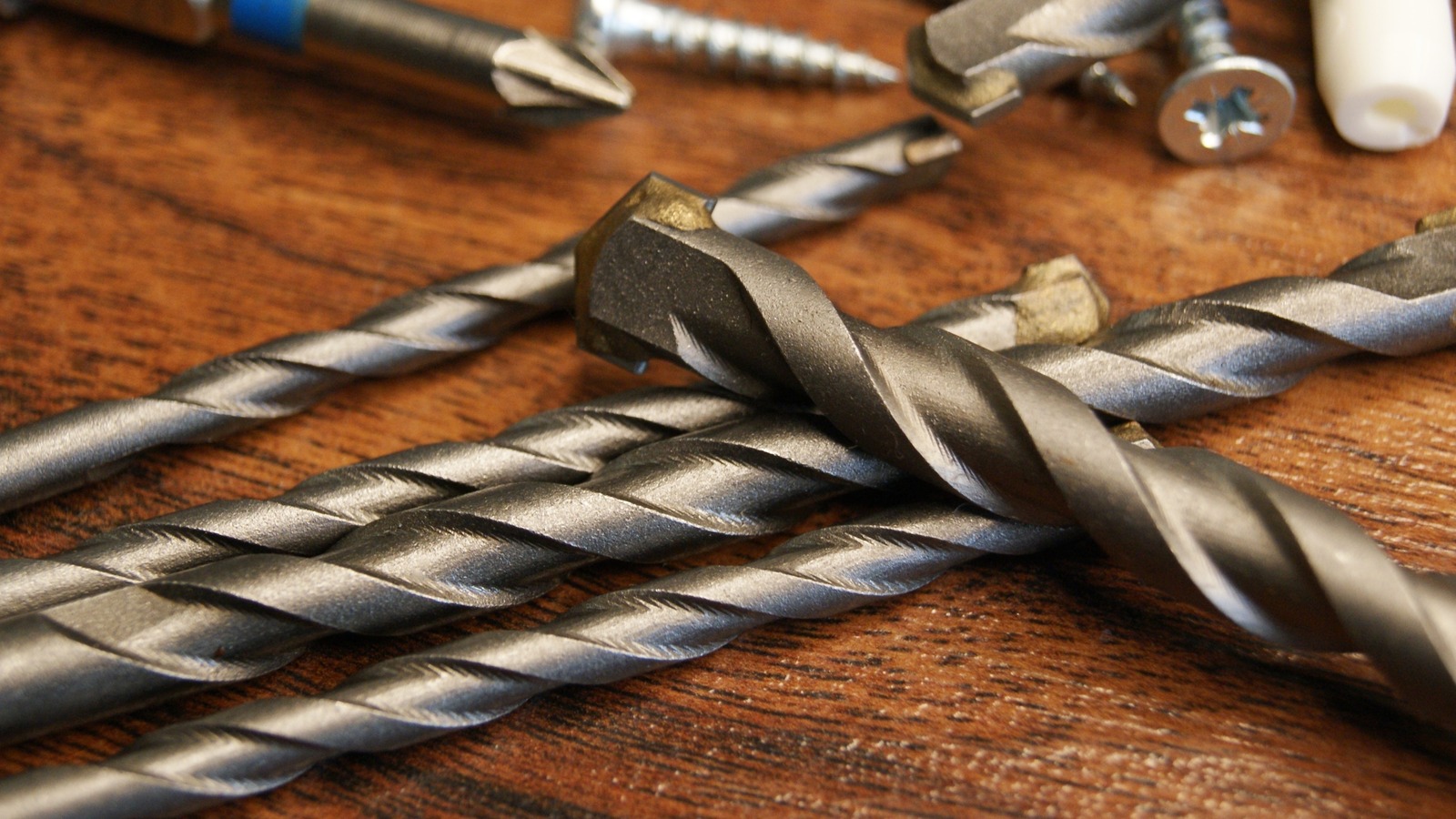The Dutch government is considering relinquishing control of the semiconductor manufacturer Nexperia, following Beijing’s resumption of critical chip supplies. This development comes after the Netherlands invoked a rarely used emergency law to seize the company last month, citing risks to the European Union’s economic and technological security. Nexperia is owned by China’s Wingtech Technology, which criticized the Dutch intervention as “an act of excessive interference driven by geopolitical bias.”
Following the Dutch government’s move, Beijing imposed restrictions on the export of Nexperia’s products from China, which are responsible for approximately half of the company’s total output. This decision had immediate repercussions, particularly in the automotive sector, leading to production cuts at various European plants.
Recent Developments in Supply Chain
On Thursday, Dutch officials indicated that they anticipate Nexperia’s Chinese division to resume chip supplies shortly. They described recent negotiations with Beijing as “constructive.” According to Philipp von Hirschheydt, chief executive of Aumovio SE, which supplies parts to major automakers such as Volkswagen, Stellantis, and BMW, the Chinese Ministry of Commerce had effectively lifted the export ban on Nexperia products. His company has already received an export license and begun shipping Nexperia-manufactured semiconductors to clients.
Other manufacturers, including Honda and Bosch, have also reported renewed shipments, allowing production to gradually return to normal. Sources close to the situation confirmed that Chinese authorities have communicated to automotive companies that Nexperia parts could be exported without complications, addressing short-term supply shortages.
The semiconductor industry remains a highly sensitive area due to its crucial role in both civilian technology and military applications. The recent takeover of Nexperia occurred against a backdrop of increasing global trade tensions. Over the past year, China and the EU have been at odds, with the bloc accusing Beijing of dumping certain key goods and engaging in industrial overproduction. Conversely, China has accused the EU of protectionist practices.
Implications for Global Trade
Last month, Beijing tightened export controls on rare earth elements and magnets, which could further impact the EU’s struggling automotive industry. A report by Politico, referencing court documents, noted that Dutch authorities took control of Nexperia under pressure from the United States, which is engaged in its own trade disputes with China.
As discussions continue between the Netherlands and China, the outcome will be pivotal not only for Nexperia but also for the broader semiconductor supply chain and its implications for technological security in Europe. The resolution of these tensions will be closely monitored by stakeholders across various industries, as the flow of semiconductor supplies is critical to meeting global demand.







